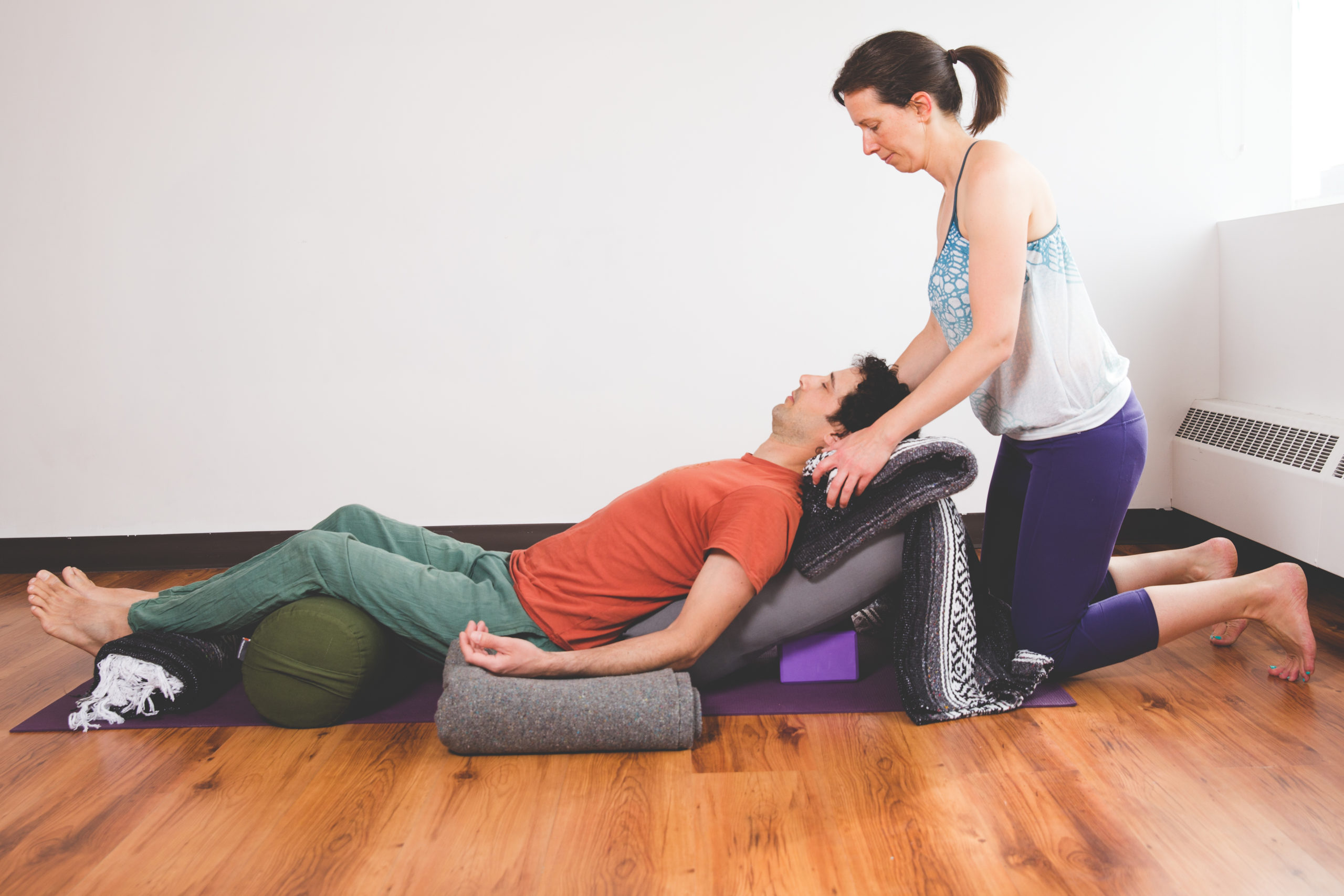Pioneer of 200 Hour Yoga Teacher Training in Rishikesh

In certain situations, medication can be an important part of depression treatment, but it should always be used in conjunction with other therapeutic approaches and under the guidance of a healthcare professional. Additionally, ensuring access to healthcare services and addressing any concerns related to the virus are vital for their overall well-being. Seeking professional help through therapy is recommended, but access to mental health services may be limited. However, access to mental health services may be limited during the pandemic. However, if these symptoms persist for more than two weeks and significantly disrupt daily functioning, it may be a sign of clinical depression. However, what is yoga the fear of judgment and discrimination often prevents individuals from reaching out for help. By ensuring that mental health services are affordable and easily accessible, we can make it easier for individuals to seek help without fear of judgment or exclusion. The idea that yoga should always make you feel good is misleading. I think I only scratch the surface of the meditative benefits of yoga referred to in the posting, but it does make me feel very calm and relaxed in a somewhat different way than other exercises do. It's a great way to simulate living and working in a location without internet.
4. Support mental health advocacy: Collaborate with organizations and individuals working to reduce mental health stigma and promote support. By addressing their specific needs and providing tailored mental health support, we can help mitigate the psychological impact of the crisis and promote resilience within these communities. Personalized Treatment Plans Developing a personalized treatment plan that addresses specific symptoms and goals is crucial for optimizing outcomes in depression treatment. Seeking professional help through therapy is recommended for managing Covid depression. Each individual’s experience with depression is unique, and finding the right therapy may involve some trial and error. Engaging in pleasurable activities, exercising regularly, practicing self-compassion, maintaining a healthy routine, and seeking support from loved ones are all self-care strategies that can help manage Covid-related depression. Strategies include practicing self-care, engaging in positive coping mechanisms, developing a support network, and seeking professional help when needed. In addition to these strategies, practicing self-compassion and mindfulness can also be beneficial.
In addition to education, creating accessible and inclusive mental health services is essential. Essential oils have been used for the longest time for the relief of the pains and other benefits that they pose. Be kind to yourself and treat yourself with the same empathy and understanding that you would offer to a loved one going through a difficult time. Knowledge and understanding of Anatomy are very crucial for learning yoga. Education plays a key role in dispelling misconceptions and promoting understanding. The art of shutting off mental distractions and bringing together your focus is the key to fast learning abilities, mental peace, enhanced working capacity, and creativity. Currently working with select partners on boutique educational products for developers. By working through past traumas, individuals can alleviate symptoms of depression and experience long-lasting healing. Internal friction means you are working against yourself; you are an issue by yourself. Then it moves through Sivananda's twelve asanas, which together are designed to increase strength and flexibility of the spine. It is important to challenge these stigmas and create an environment where seeking mental health support is seen as a sign of strength and resilience. Depression is a mental health disorder that manifests in persistent feelings of sadness, loss of interest in activities, and significant changes in various aspects of a person’s life.
If feelings of depression, hopelessness, and helplessness persist and interfere with daily life, it may be a sign of Covid depression. The pandemic has exacerbated stressors and caused feelings of depression, hopelessness, and helplessness due to social isolation, job insecurity, and disrupted routines. The Covid-19 pandemic has forced many individuals into social isolation, disrupting routines and causing feelings of loneliness and despair. Addressing mental health stigmatization is important during the Covid-19 crisis to ensure that individuals feel comfortable seeking help and support. Why is it important to address mental health stigmatization during the Covid-19 crisis? The COVID-19 pandemic has had a significant impact on mental health, with depressive symptoms three times higher than before the pandemic. Together, we can break the cycle of silence and provide the necessary support for those experiencing the psychological impacts of the Covid-19 pandemic. Stigma surrounding mental health can lead to a cycle of silence and suffering. By engaging in conversations about mental health and finding common ground, individuals can gain valuable insights and support from those who have faced similar challenges.
